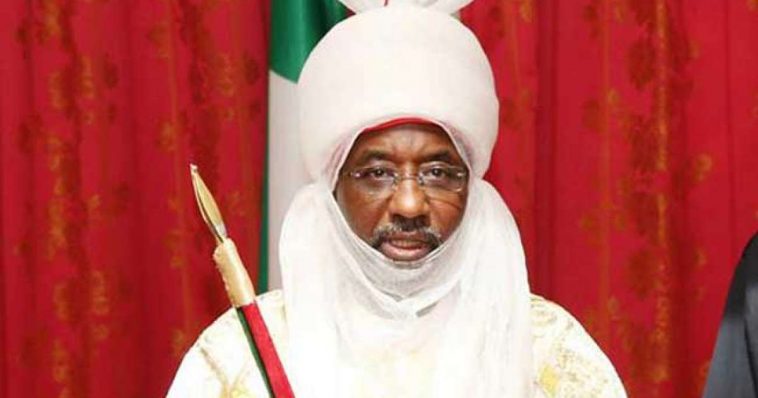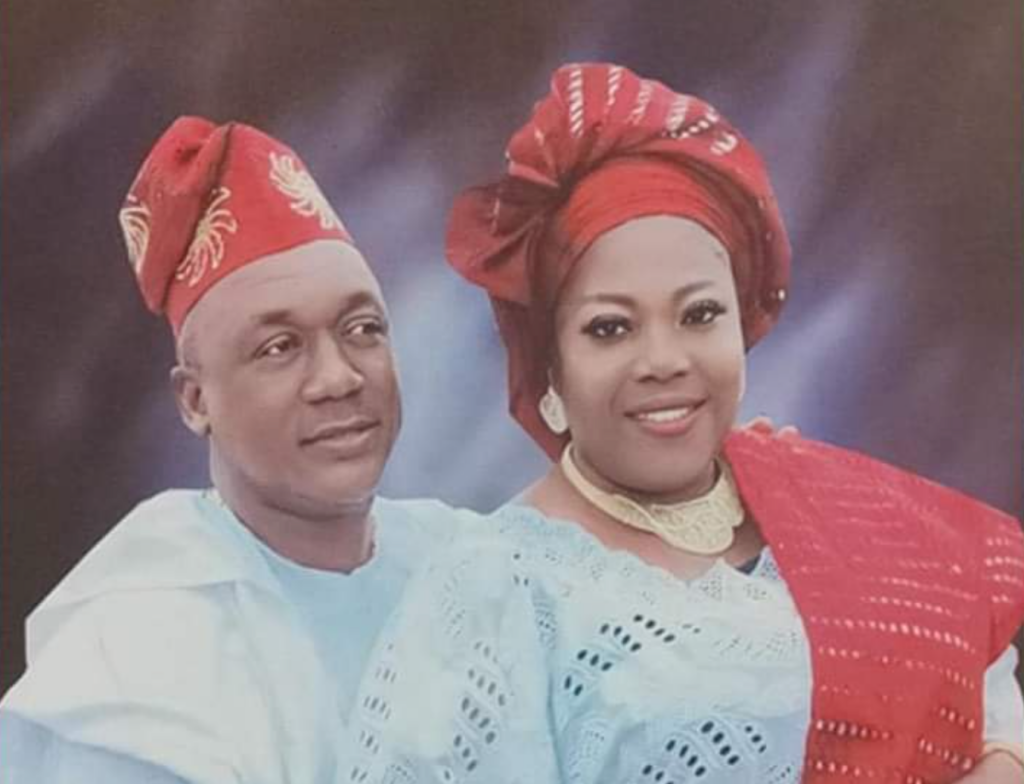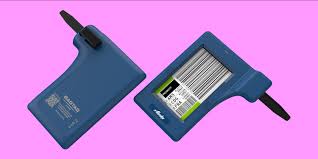 • CBN begins N1.2tr treasury bill programme
• CBN begins N1.2tr treasury bill programme
• Naira falls to new low of N265 at parallel market
IT may no longer be business as usual for operators of Bureau De Change (BDC) come 2016, as the Central Bank of Nigeria (CBN) has read the riot act to members, ordering them to stop street hawking of foreign exchange (forex) forthwith.
The directive, contained in a revised guideline for their operations, also outlaws having any business dealings with the illegal operations popularly known as ‘black market’, which may lead to revocation of their licences.
Meanwhile, the end to the free fall of Nigeria’s currency at the parallel foreign exchange market may not be in sight after all, as it fell to new low of N265 to the dollar yesterday.
The street hawking of dollars is prevalent in Lagos, Abuja, Port Harcourt and in many other major cities in the northern Nigeria, with allegations of connivance levelled against BDCs.
The revised rule states that every BDC shall be required to open both domiciliary and naira accounts with authorised banks in Nigeria and inform the CBN accordingly, as the accounts shall be used solely for day-to-day operations.
The document, while listing the “non-permissible” for licenced BDC operators, which include engaging in off-shore business or maintaining foreign correspondence relationship; any trade related import activities; maintaining foreign account in whatever form; round-tripping of foreign exchange acquired through the CBN window; and carrying on capital market activities, emphasised that street trading of foreign exchange can no longer be tolerated.
In a related development, the planned treasury bill issuance programme of the CBN may have begun with a plan to raise N67.45 billion ($338.94 million) with maturities of three and six months on December 24.
The bank’s paper issuance programme will include a N28.12 billion and N39.34 billion debts for three-month and six-month respectively, using the Dutch Auction System.
The apex bank had unveiled plans to raise N1.22 trillion (about $6.13 billion) through the programme until the end of first quarter of 2016.
Also, a summary of activities for the December 2015 bond auction by the Debt Management Office (DMO) showed that the reopening bids for the 15.54 per cent FGN February 2020 and 14.20 per cent FGN March 2024 bonds recorded about N95.78 billion over-subscription cumulatively.
The five-year tenor FGN February 2020 bond, had offered N30 billion for public subscription, but received 153 bids (74 successful), amounting N86.81 billion, at the rate of 10.95 per cent, resulting to N56.81 oversubscription.
Also, the 10-year tenor FGN March 2024 bond, which offered N20 billion, had received N58.97 billion subscription at 11 per cent, with 35 out of 98 bids being successful, while recording N38.97 billion oversubscription.
The level of the oversubscription also attests further to the high liquidity in the system, as well as banks’ stronghold on sovereign debts as preference to real sector lending.
Notwithstanding, from December 17, 2015 to March 3, 2016, CBN would auction N245.77 billion worth of 91-day bills and N238.51 billion worth of 182-day paper.
Already, the bank auctioned N155 billion yesterday, according to its programme and would be followed by a rollover of maturing 91-day and 182-day bills worth over N67.45 billion on December 24.
However, from January to March 3, the apex bank will also auction its 364-day paper bills, worth N735.54 billion.
The T-Bills issuance is part of regular measures by the apex bank to control the quantity of money in circulation, as well as ensure the price stability of the economy.
The bank just resumed liquidity mop-up exercise last week, after about 10 weeks of non-activity, with much of the excess cash still remaining in the system to date.
But a reliable source at CBN, had confided in The Guardian that the apex bank is by law, not authorised to arrest those street hawkers, where people who evade regulatory measures secure hiding place.
“For a fact, most people who demand dollars are not necessarily for importation of legitimate items, but sometimes contrabands. Don’t be surprised that some are for financing of terrorism, but they get it at whatever cost and easily.
“CBN has said that every foreign exchange transaction should be with Bank Verification Number.
“But many, knowing that the measure would expose their identity are raising all manner of fears in the system. They are the ones patronising roadside hawkers, even at outrageous prices, ignoring the official price” the source said.
The current rule book, among other things, said that BDC shall transact business at its registered office approved by the CBN, as any BDC that operates outside its registered office shall be sanctioned.
It also added that should any street trader in foreign currencies be found to have any business relationship with a licensed BDC, such shall be a ground for the revocation of its licence.
From now henceforth, the rule states that every BDC shall fix its hours of business, which shall be clearly displayed in its office.
The latest fall of the naira in the foreign exchange market, according to traders, came after the CBN rationed dollar supplies, amid the release of new regulatory guidelines for the operations of the Bureaux De Change, which outlawed street hawking.
The apex bank cut the amount it sold to each of the 2,270 retail foreign exchange brokers that participated in mid week’s sale to $10,000, down from the $30,000 each it sold last week.
A fortnight ago, CBN offered $84.5 million at a similar sale, but last week, began cutting the intervention level.
“There is dollar scarcity right now as the Central Bank has shrunk supplies despite increasing the number of BDCs at its window,” the Acting President of Bureau De Change Operators of Nigeria Alhaji Aminu Gwadabe, said.
On Friday, the bank issued a circular, which among other things, invited retail money exchange agents to also consider obtaining dollars from private sources to fund personal and business travels, an attempt that traders said was meant to conserve dwindling reserves.
Currently, Nigeria’s dollar reserves slipped to $29.46 billion as at December 15, while the official interbank market, closed at N196.97 per dollar yesterday.
BDCs account for less than five percent of total dollar trades in Nigeria, but provide an indication of where investors see liquidity and are willing to trade it.







